
Contact Us

Our brain changes continuously as we grow up and older. The most rapid changes happen in early life when our body has the fastest growth rate and every experience is new. As we grow over forty, we notice increasing forgetfulness that might start causing irritations, disruption of our daily function and even depression. Most people notice it when they see that it takes longer to think of a word or to remember an event or someone’s name.
Some of the early manifestations of cognitive decline and impairment could be forgetting things more often, or important events such as appointments or social engagements at first.

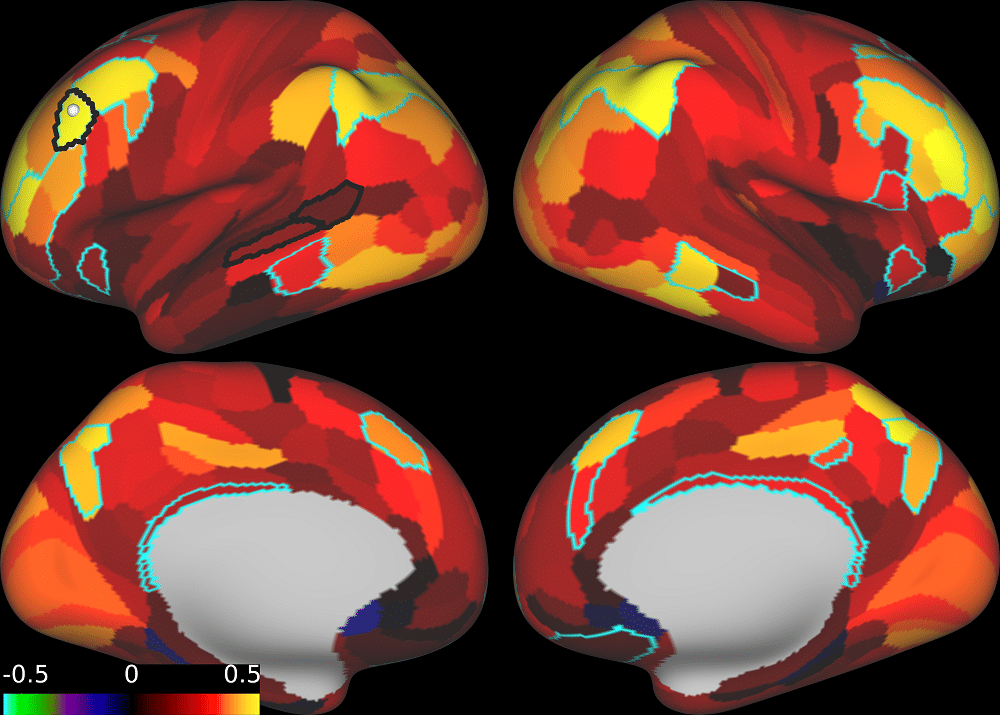
But gradually, cognitive decline could evolve into a loss of train of thoughts during a conversation or losing the storyline while reading books or watching movies. Such experiences, result into a feeling of being overwhelmed, especially for the situations requiring decisions at home, or planning steps for implementing a task at work, or even being able to follow instructions given by a physician or your boss at work.
Most people attribute these to the natural aging process until it deteriorates into situations like losing your way while driving home, or trouble finding your way around home or other familiar environments. This cognitive decline results into becoming more impulsive, that causes having steadily poor judgment.
Most family members and friends notice the changes associated with cognitive decline slowly conclude that you are exhibiting signs of aging and treat you accordingly.
Using fMRI, we have learned that there’s no single cause of cognitive decline or mild cognitive impairment (MCI), and among the many contributors, aging plays an important role in the disorder. If an event or series of events, a disease, or a trauma cause damage to certain brain regions, we could forget a skill or a set of skills. fMRI is a powerful tool that can help us to prevent cognitive decline and its progress to Alzheimer’s disease or another type of dementia.
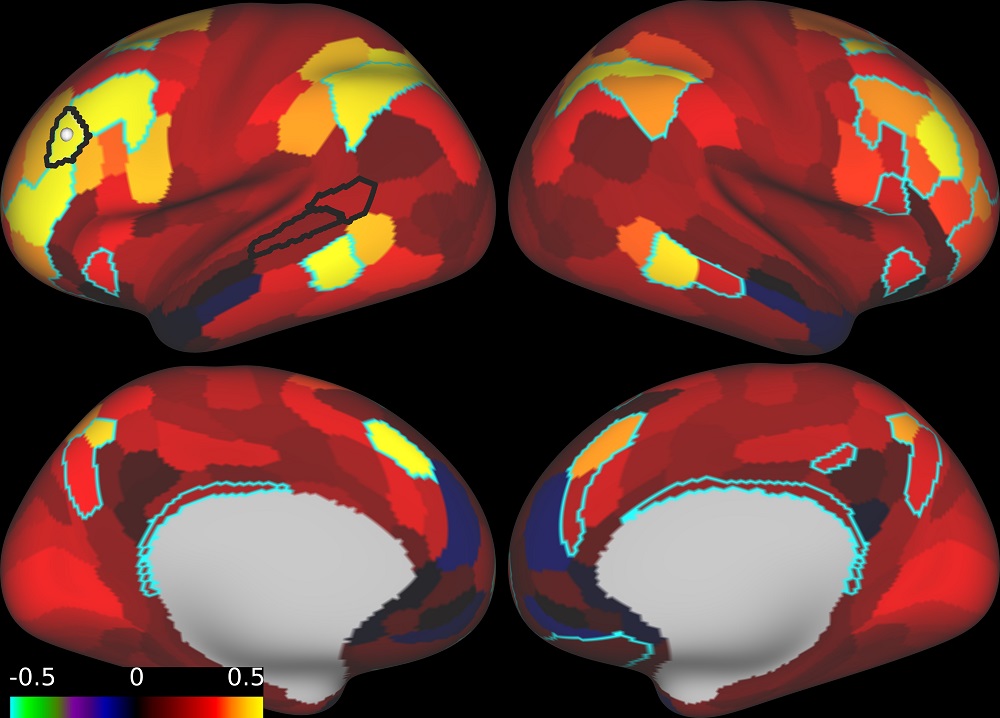
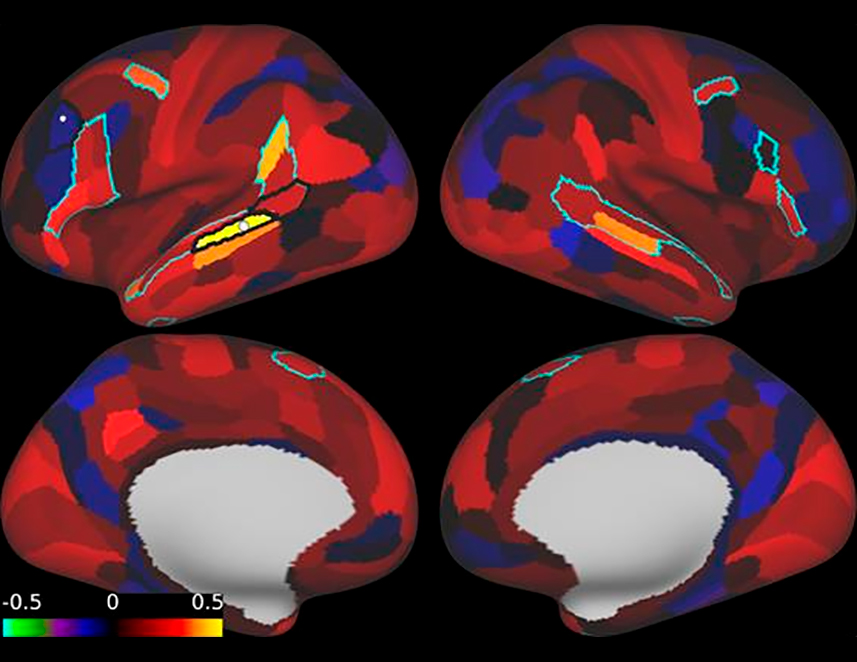
Recent evidence indicates that cognitive decline and MCI might be due to reduced blood flow through brain blood vessels. Brain-imaging studies show that stimulation of the brain could be beneficial in impeding events that cause cognitive impairment. Brain mapping for TMS allows for precise identification of areas with reduced blood flow, enabling targeted treatment to prevent further cognitive decline. Transcranial magnetic stimulation (TMS) is a technique that can selectively stimulate specific brain regions non-invasively.
This is particularly important since there aren’t that many other options available. In fact, the absence of effective pharmacological options for prevention of cognitive impairment is depicted in 2018 report of the American Academy of Neurology1 in which it is recommended that “Clinicians should discuss diagnosis, prognosis, long-term planning, and the lack of effective medicine options …”.
For example, we know that aging can cause cognitive impairment. One of such impairments are caused by vascular degradations2,3. Vascular cognitive impairment (VCI) is caused by blockage of micro vasculatures that their inability to supply oxygen and nutrients to different brain regions cause a decline in cognition. Sometimes, this inability is caused by cerebrovascular injury. Therefore, mild VCI, vascular dementia (VaD), and mixed dementia3-5 are the most common types of cognitive impairment. Mild VCI is a decline in cognition not fully satisfying the diagnostic criteria for dementia6,7. VaD is referred to cognitively impaired patients who have lost their functional independence due to vascular lesions.
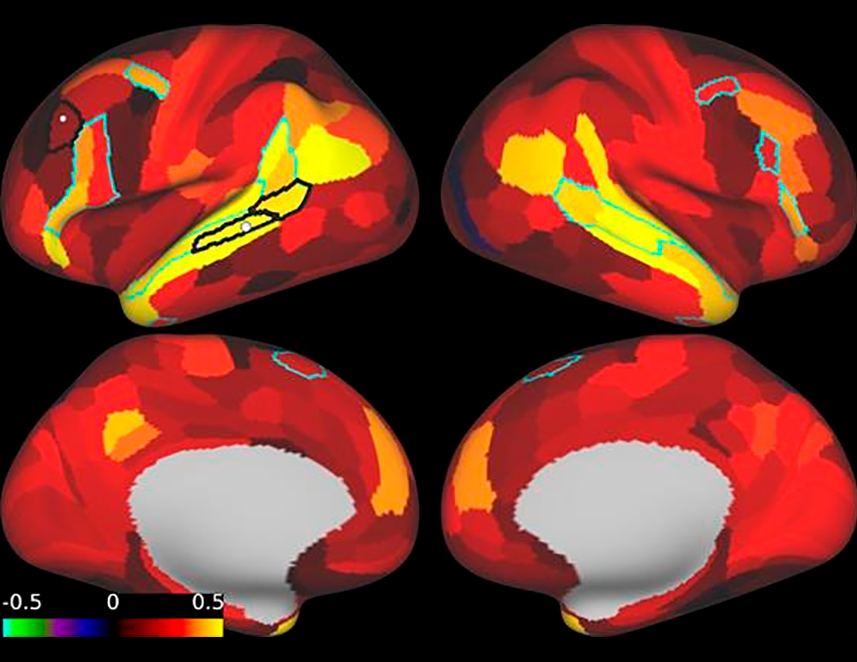

VaD includes subtypes, such as post-stroke dementia, multi-infarct dementia, strategic infarct dementia, and the subcortical ischemic VaD. In addition to vascular-based dementia there is also degenerative dementia (which is most common in Alzheimer’s disease)8. Combining these two types, covers the majority of cases of dementia. However, VCI is the most common cognitive disorder that comes with age and because of that has a high impact on patients’ quality of life.
Because of the fact that vascular-based impairment is the root cause of all types of cognitive decline, approaches that can prevent such considerable deficits have the potential of making life changing effects for many people in latter parts of their lives9,10. In this regard, many research results have shown that cognitive decline is treatable and preventable and they are not an irreversible consequence of aging.
It is known that TMS is capable of brain stimulation to improve memory11-13. This means that TMS can also prevent cognitive decline by strengthening brain activity and connectivity in most vulnerable regions, like specific locations within the frontal and temporal lobes detected by our fMRI-based biomarkers. We have been successful in treating MCI patients using our fMRI guided TMS approach, and have used that experience to develop a new protocol for preventing decline of everyday memory in asymptomatic patients with risk of MCI and Alzheimer’s disease, due to family history or cardiovascular disease.
This protocol involves: (1) the analysis of resting state fMRI (rsfMRI) images taken of the patient’s brain to construct brain networks, (2) the use of our biomarkers to detect most vulnerable brain regions in each individual, and (3) the delivery of fMRI guided TMS over a course of 20 sessions.

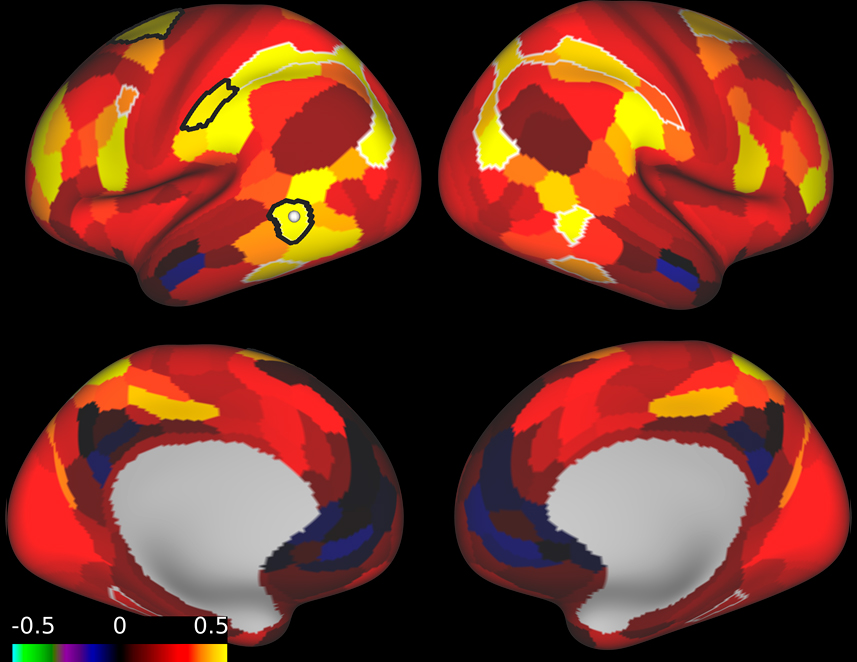
Patients will receive a second fMRI after the last session to compare baseline and post-treatment brain maps to calculate the efficacy measure. Patients will also receive another fMRI at one-year follow-up to monitor evolution of brain activity and connectivity, and the need of another cycle of 20 sessions with fMRI guided TMS will be assessed by our biomarkers, and delivered as needed over the course of the lifespan. Our findings with MCI patients suggest that fMRI guided TMS could be an effective therapy for preventing cognitive decline and probably a tool to delay deterioration.
View sources here: https://neurotherapeutixnyc.com/sources/

Call us at (917) 388-3090 or click to request a regular or telehealth appointment.
Neurotherapeutix
171 East 74th Street, Unit 1-1 New York, NY 10021

Neurotherapeutix is the leading clinic for functional imaging guided transcranial magnetic stimulation (TMS), a safe, innovative, and non-invasive methodology for treating a wide range of acute and chronic mental disorders and brain injuries. Our advanced fMRI technology allows us to map the brain for the… Learn More »
By: Neurotherapeutix NYC
Reviewed By: Marta Moreno, Ph.D
Published: March 24, 2023
Last Reviewed: September 27, 2024
QUICK INQUIRY
Contact us to get an estimate for your medical services requirements. You can fill in the form to specify your medical requirements or you can call us directly.